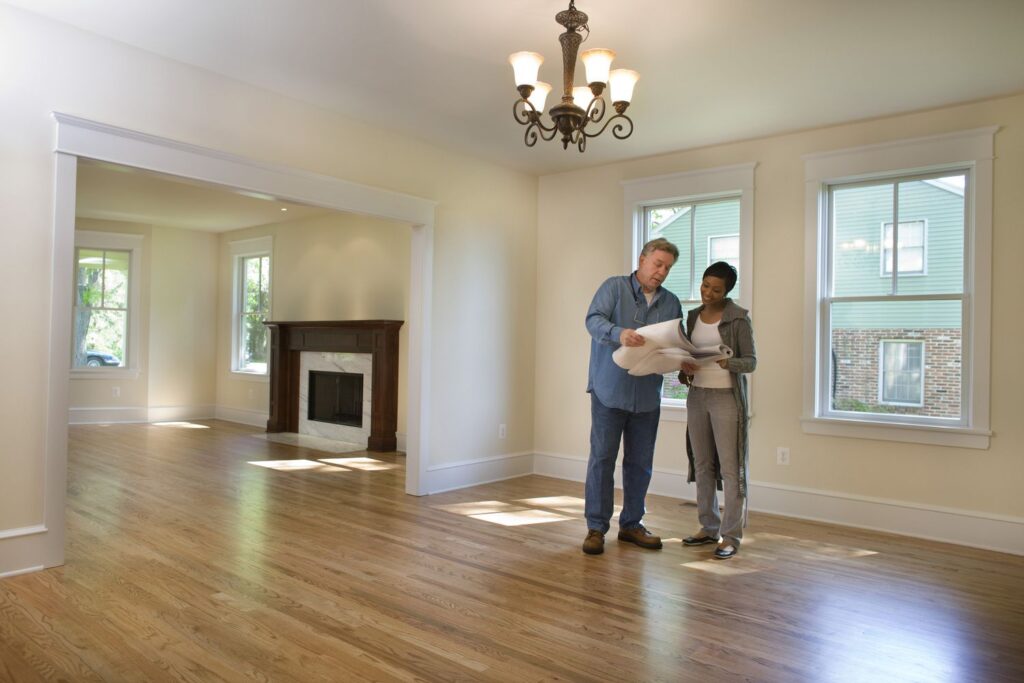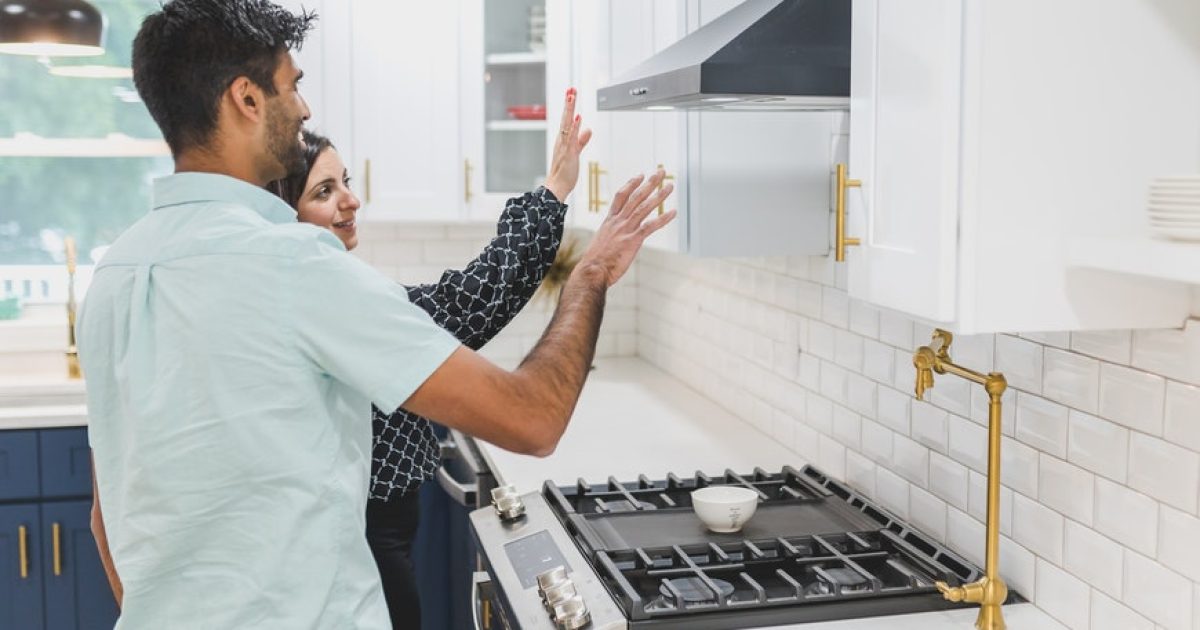Are you considering a home inspection but worried about the time it will take? It’s a common concern among homeowners and buyers alike. Understanding the duration of a home inspection is crucial for planning and scheduling, whether you’re selling, buying, or maintaining a property. At Quality Assurance Home Inspections LLC, serving Macon, Newnan, Atlanta, Conyers, Douglas, Fairburn, Marietta, Jonesboro, McDonough, Forest Park, Stockbridge, Douglasville, Fayetteville, Locust Grove, Hampton, Sandy Springs, and Warner Robins, we prioritize transparency and efficiency in our inspection process. In this guide, we’ll dive into the details of how long a home inspection typically takes and what factors can influence the duration.

The Importance of Home Inspections
Before we delve into the time aspect, let’s briefly touch on why home inspections are essential. Whether you’re a homeowner or a potential buyer, a thorough inspection provides invaluable insights into the condition of a property.
Identifying any existing or potential issues early on can save you time, money, and headaches down the line. From structural integrity to electrical and plumbing systems, a professional inspection covers various aspects crucial for ensuring the safety and functionality of a home or commercial building.
Factors Affecting Inspection Duration
- Property Size and Complexity: The size and complexity of a property significantly impact the time required for inspection. Larger homes or buildings with intricate layouts may take longer to inspect thoroughly.
- Age and Condition: Older properties or those with known issues may necessitate more time for inspection. Detecting signs of wear and tear, outdated systems, or potential hazards requires meticulous attention to detail.
- Accessibility: Easy access to all areas of the property facilitates a smoother and quicker inspection process. Limited accessibility, such as tight crawl spaces or cluttered rooms, can prolong the inspection duration.
- Additional Services: If you opt for additional services like radon testing, mold inspection, or termite inspection, the overall inspection time will increase accordingly.
Typical Duration of a Home Inspection
On average, a standard home inspection for a typical single-family residence takes around 2 to 3 hours to complete. However, this timeframe can vary based on the factors mentioned above.
At Quality Assurance Home Inspections LLC, our experienced inspectors devote ample time to each inspection, ensuring every detail is noticed. We prioritize thoroughness without compromising efficiency, striving to provide comprehensive reports promptly.
Our Approach to Efficient Inspections
As trusted home inspectors serving a wide range of areas, we understand the importance of respecting your time while delivering top-notch service. Here’s how we ensure efficiency without sacrificing quality:
Preparation: Before the inspection, we gather all necessary tools and equipment, familiarize ourselves with the property, and address any specific concerns or areas of interest.
Systematic Inspection: Our inspectors follow a systematic approach, methodically examining each component of the property to ensure everything is noticed.
Clear Communication: We maintain open communication throughout the inspection process, explaining our findings and answering any questions you may have along the way.
Detailed Reports: After completing the inspection, we provide detailed reports outlining our findings, including photographs and recommendations for any necessary repairs or maintenance.
Final Thoughts – How Long Does It Take To Do a Home Inspection
In summary, the duration of a home inspection depends on various factors, including property size, condition, and accessibility. At Quality Assurance Home Inspections LLC, we prioritize efficiency and thoroughness in our inspection process, striving to deliver timely and accurate assessments for our clients. Whether you’re in Macon, Newnan, Atlanta, or any of the other areas we serve, you can trust us to provide exceptional service tailored to your needs. Don’t let concerns about time deter you from scheduling a home inspection—contact us today for peace of mind and confidence in your property investment.
To prepare for a home inspection:
- Start by cleaning and decluttering your home, fixing any apparent issues like leaky faucets or lightbulbs, and making sure all utilities are turned on.
- Compile any necessary documents and maintenance records for the inspector to review.
- Walk through your home to identify any potential issues and address them beforehand.
- Be prepared to answer questions and provide access to all areas of your property.
- Try to be present during the inspection to ask questions and gain a better understanding of the inspector’s findings
During a home inspection, a qualified inspector will examine various components of the property, including:
- Structural integrity, such as foundation, walls, and roof.
- Electrical systems, including wiring, outlets, and circuit breakers.
- Plumbing systems, such as pipes, fixtures, and water heaters.
- HVAC (Heating, Ventilation, and Air Conditioning) systems.
- Interior features, like windows, doors, and insulation.
- Exterior elements, including siding, drainage, and landscaping.
- The inspector will document any observed issues and provide a detailed report upon completion.
While homeowners don’t need to be present during the inspection, it’s highly recommended. Being present allows you to ask questions, gain valuable insights into the property’s condition, and address any concerns directly with the inspector. If you can’t attend in person, consider arranging a virtual walkthrough or appointing a representative to accompany the inspector.
- Structural integrity, such as foundation, walls, and roof.
- Electrical systems, including wiring, outlets, and circuit breakers.
- Plumbing systems, such as pipes, fixtures, and water heaters.
- HVAC (Heating, Ventilation, and Air Conditioning) systems.
- Interior features, like windows, doors, and insulation.
- Exterior elements, including siding, drainage, and landscaping.
- The inspector will document any observed issues and provide a detailed report upon completion.
Absolutely. In addition to a standard home inspection, you can schedule specialized inspections for specific concerns or components, such as:
- Radon testing to assess indoor air quality.
- Mold inspection to identify potential mold growth.
- Termite inspection to detect signs of termite infestation.
- Structural engineering inspection for in-depth analysis of structural integrity.
- Discuss your concerns with the inspector to determine the need for additional services and schedule accordingly.
The timeline for receiving the inspection report varies depending on the inspector and the scope of the inspection. Typically, you can expect to receive the report within 24 to 48 hours after the inspection. The report will detail the inspector’s findings, including any issues identified, recommendations for repairs or maintenance, and photographic evidence where applicable. Promptly reviewing the report allows you to make informed decisions regarding the property.


